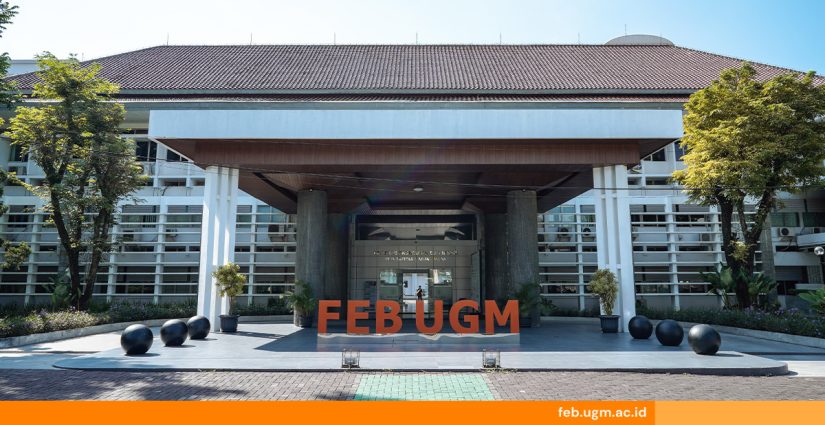
The Faculty of Economics and Business, Universitas Gadjah Mada (FEB UGM) continues to demonstrate its commitment to environmental sustainability through various environmentally friendly initiatives. One of the concrete steps currently being taken is the construction of 17 infiltration wells on campus, consisting of 10 infiltration wells in the FEB Plaza to collect rainwater falling on the grounds and seven infiltration wells connected to the gutters of FEB buildings to collect rainwater and water from air conditioners. The construction of infiltration wells will also be expanded to various study programmes within FEB.
The Dean of FEB UGM, Prof. Dr. Didi Achjari, M.Com., Ak., CA., explained that the construction of infiltration wells is a strategic step towards water conservation.
“This programme is part of the “FEB Menabung Air” (FEB Saves Water) initiative, which aims to return rainwater and water from air conditioning systems to the ground as a form of ecological responsibility and a tangible contribution to the conservation of water resources on campus,” he explained.
Didi stated that the construction of these infiltration wells also serves as a form of support from FEB UGM for the UGM Green Campus programme, which focuses on natural resource efficiency and sustainable environmental management. “We want to make the FEB campus environment not only comfortable for studying and working, but also directly contribute to environmental sustainability. This infiltration well is a long-term ecological investment for the campus and the community,” he added.
In addition to reducing the potential for waterlogging and flooding during the rainy season, Didi said that the infiltration well also serves to maintain the stability of groundwater reserves and assist the natural water absorption process. Previously, during prolonged rainfall, rainwater from the north and from FEB flowed southwards, causing flooding in the UGM Boulevard and Roundabout.
Through this initiative, FEB UGM actively works to reduce surface water runoff to the south and increase groundwater reserves. The Faculty also encourages the academic community and the wider public to engage in environmental sustainability through the ‘Water Saving’ programme, starting with simple yet impactful actions such as conserving water.
“We believe that caring for the earth can start from our own backyard. Saving water is a simple but meaningful way to create a greener future,” he said.
Reportage by: Kurnia Ekaptiningrum










